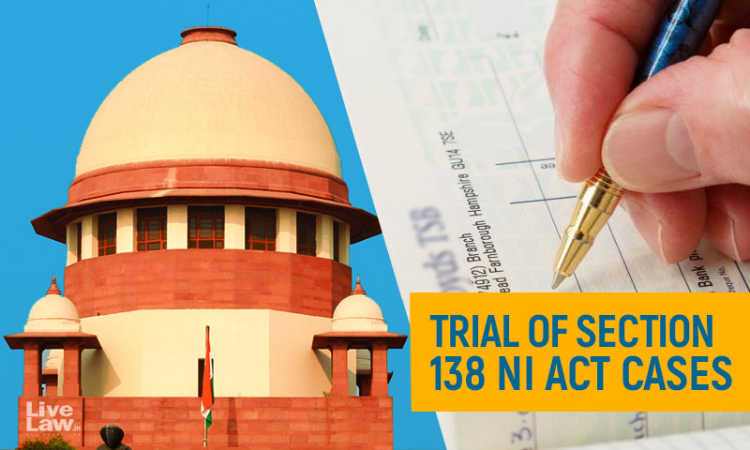Section 138 NI Act - Prima Facie Indication That Complaint Is Filed By Authorized Person Of Company Sufficient For Magistrate To Take Cognisance : Supreme Court
Ashok KM
22 Feb 2022 6:58 PM IST

Proper authorisation can be an issue for trial and complaint cannot be quashed on this ground under Section 482 CrPC, Court added.
Next Story


